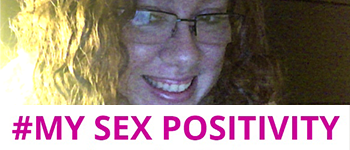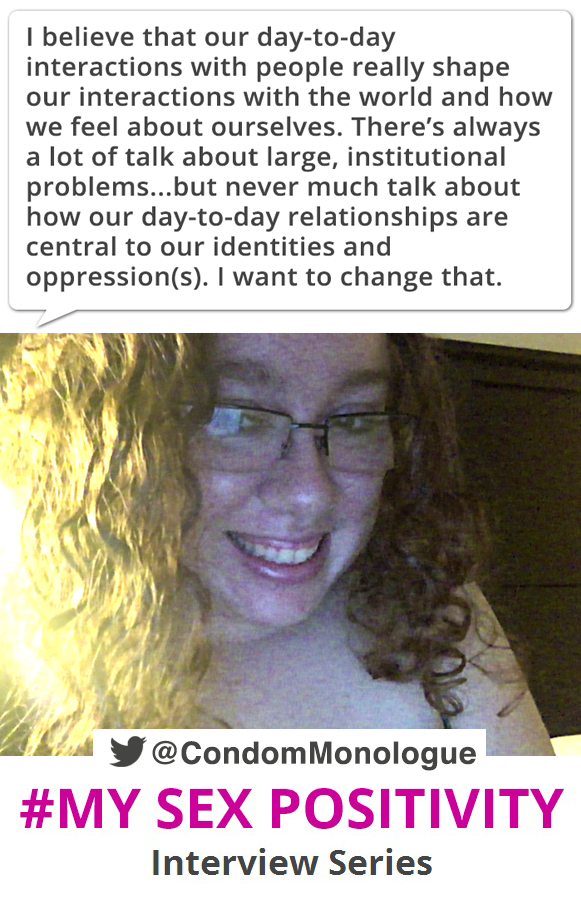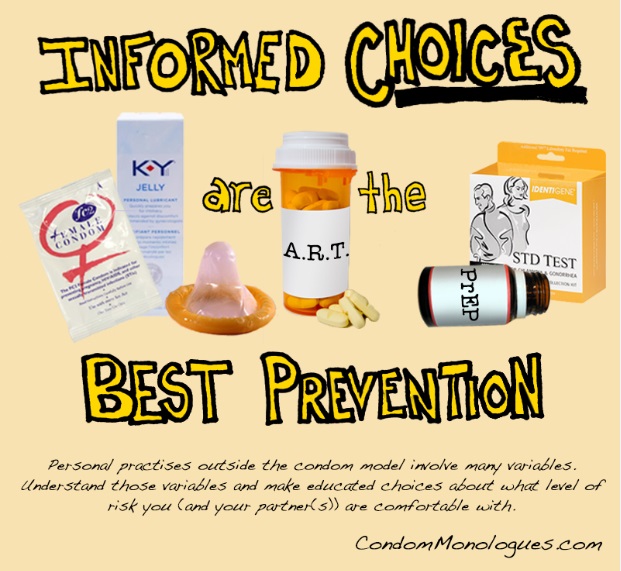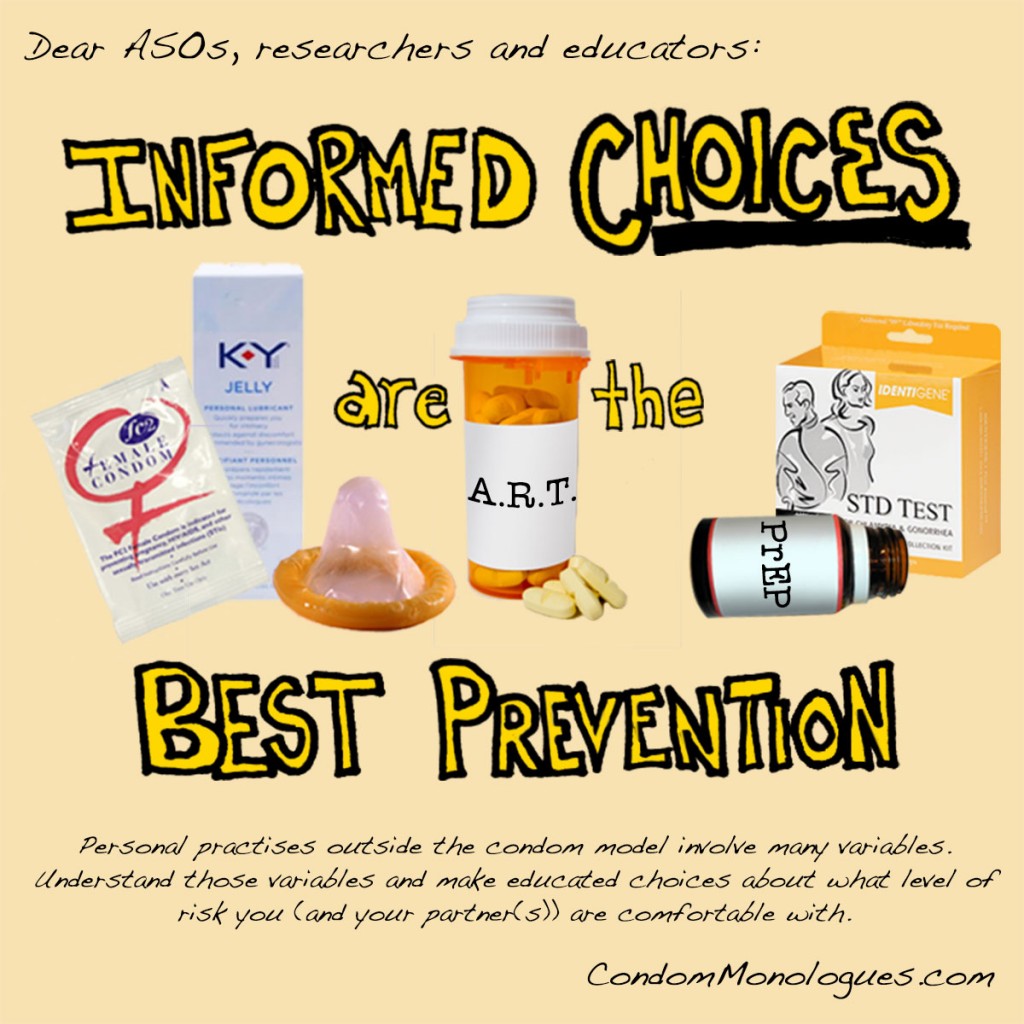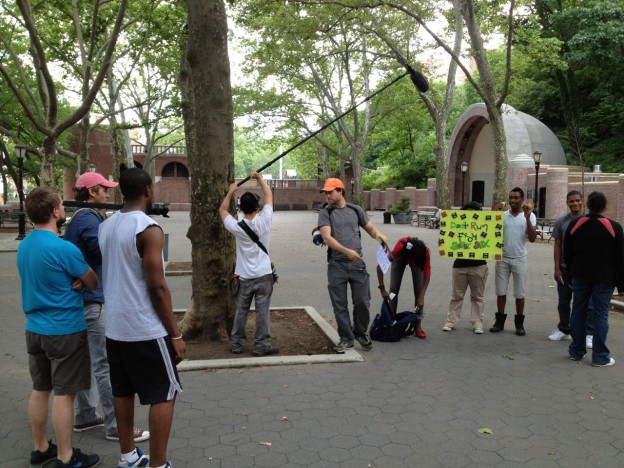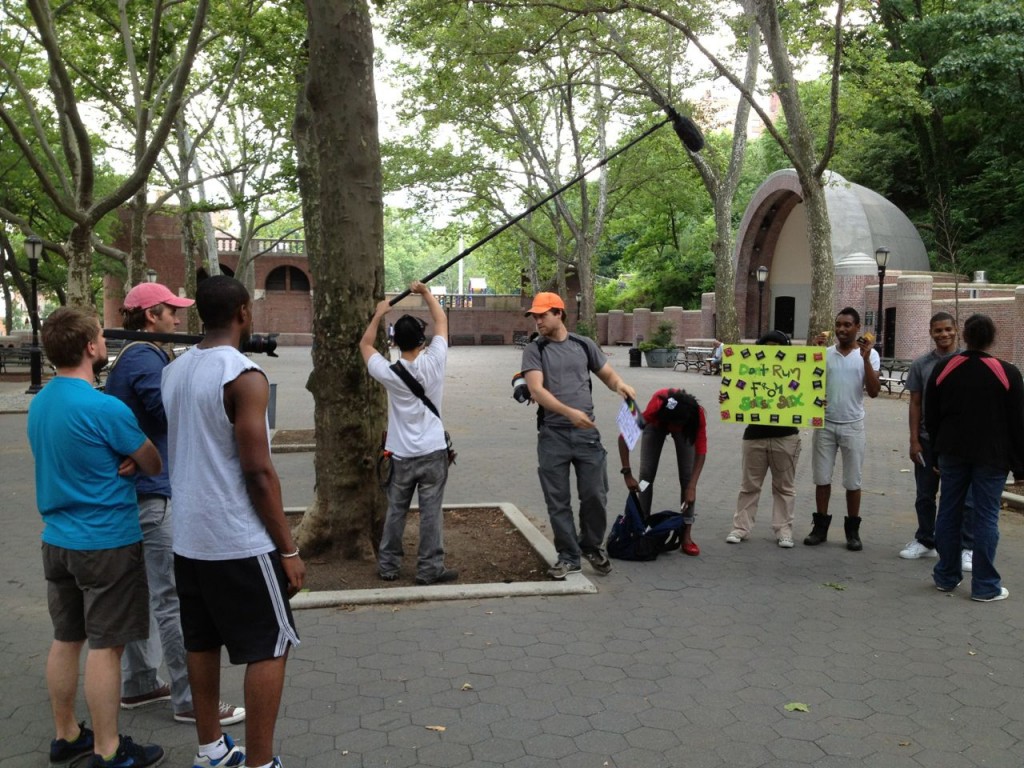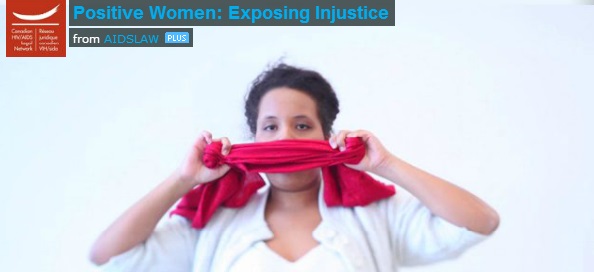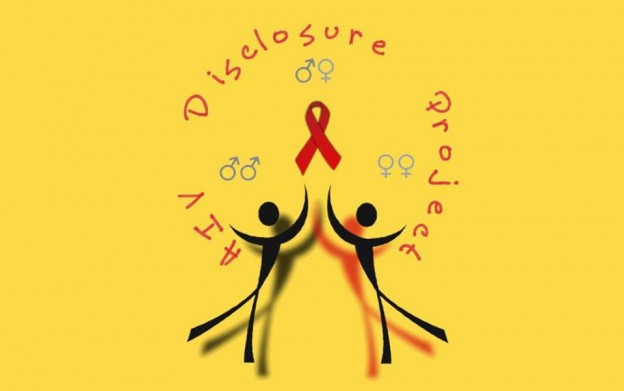This post is written by Tashia Amenerio, founder of the non-profit HPV Awakening. She writes from her personal experience why she is pushing for HPV be reportable- meaning sexual partners must legally inform each other of their status- and why she urges you to sign the petition to get the FDA to approve HPV testing for men.
(Un)Knowing HPV

When diagnosed with HPV, life as you know it is over. You face disturbing contradictions within the medical community . On the one hand, there are those who describe it as “this generation’s AIDS”. On the other side, you are faced with medical “experts” who don’t know their head from a hole in the ground and tell you that HPV is nothing to worry about.
Here is the kicker: Most HPV strands, like most cold or flu strands, really don’t do much of anything but chill out in your body having a viral party of genome development. The issue(s) arise when you get people who are knowingly infecting others with cancer causing strands- a crime of which I’m personally all too well aware. And then you have others who are unknowingly transmitting the STI. A major reason for this is because it is not standard practice to get tested for HPV- and there are no official tests made publicly available for males- despite the fact that HPV is the most prevalent STI in North America right now.
So What Can We Do?

Well, I started a nonprofit HPV Awakening Inc. I lecture all over the Florida and have done a few media interviews. I sit here now writing you about my experiences and I’ve launched a petition that needs 100,000 signatures by May 28th, 2013, so that it can go to the White House to get HPV male testing approved by the FDA. Sign the petition.
I have contacted several local media stations and sites. And I have tried moving my civil court case to a criminal one in order to have the state acknowledge the fact that HPV cancer strands should be taken as serious as AIDS/HIV strands.
The Miami DA has kindly informed me that, well, HPV isn’t mentioned in the Florida statute at all. Thus they can’t help me. This is in spite of the fact that my case is backed with the full support from the local police department that filed my report (Miami Gardens), and they are willing to facilitate the investigative work!
So here is where you the reader come in. What can you do? Well, if you have ever been diagnosed or know someone that has been- I can relate. It sucks and it isn’t easy. And fun (insert EXTREME sarcasm) questions and situations follow diagnosis.
From Why Me? To What I Will Do About It!
In my case, I had been a virgin with no sexual experience prior to my ex, so I didn’t have to go through the questioning phase of Who? But I did have to go through the constant questioning phase of Why? After I received my diagnosis and contacted my ex he kindly informed me that he had known but since it hadn’t directly impacted me he hadn’t cared.
But that wasn’t the only “Why”. The “Why me?” phase kicked in and it kicked in for several of my friends too. Because once you get sick, it isn’t just you. It’s you and those that care about you, or who know you in a caring light- family, acquaintances, associates, co-workers and strangers you disclose to- that are impacted.
I remember one conversation in particular with a friend of mine that went through a bad life phase (attempted suicide and was a bug chaser at one point in time) sitting on the stairs while we shared a smoke (a short lived habit I picked-up during that “Why be and Why bother” phase). He was crying because he couldn’t understand how “Good people like [me], who never do anything risky end up getting sick and people like [him], who have tried every way possible to be ill and die didn’t.” Easy answer: “I don’t know what a ‘good’ person is, but sometimes Shit Just Happens.” It is a matter of what you do with the situation that counts.
I finished the cigarette and realized that some habits aren’t worth starting or maintaining just to stay wallowing in self-pity.
For those of you that are still reading, I say Yay! Thank you in sharing in my past misery. It really does love company.
Please sign the petition to get HPV male testing approved by the FDA. Go to We The People to sign.
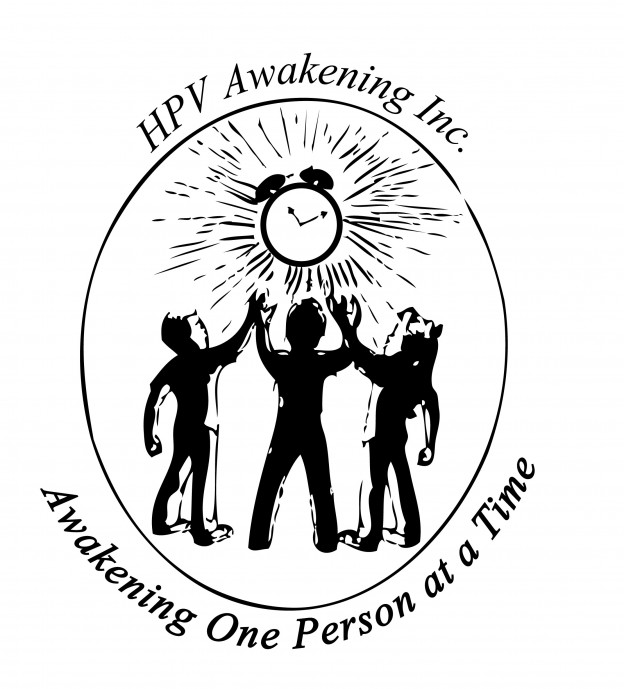
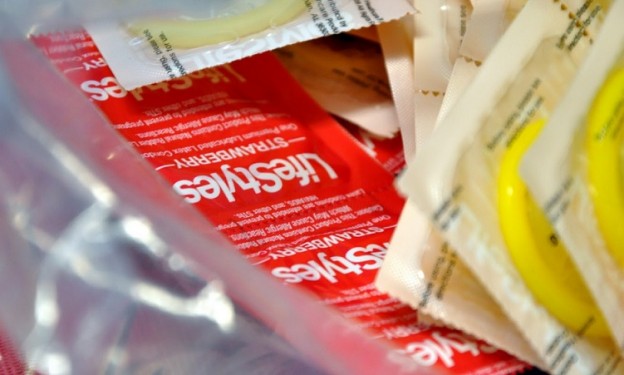
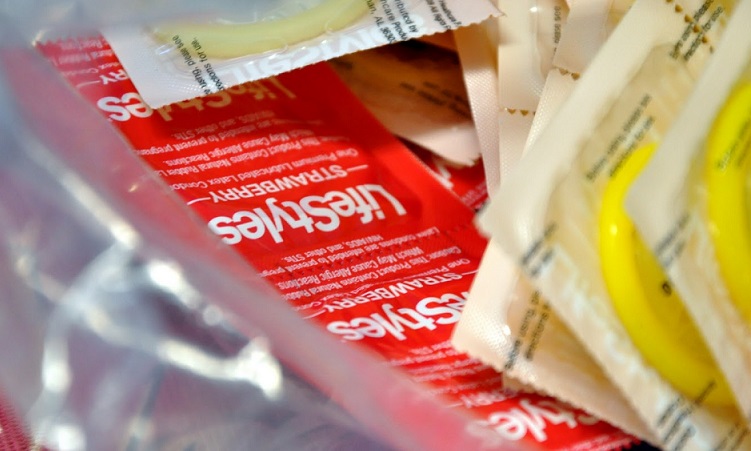

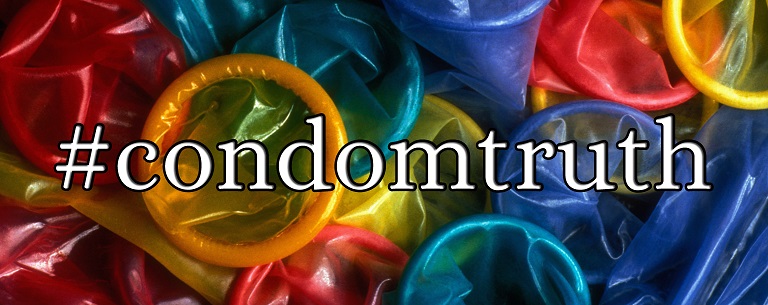 Last month, a new condom brand called
Last month, a new condom brand called 

